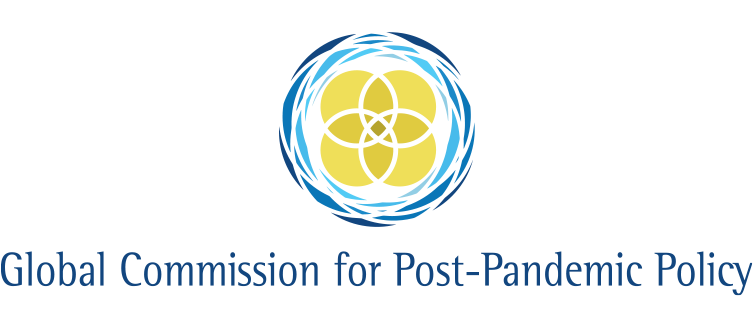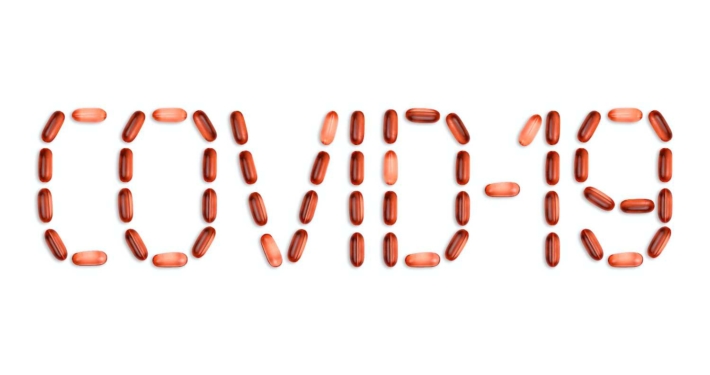The Pandemic, week to February 10th
Health
In the United States, pharmaceutical giant Johnson & Johnson applied to the American Food and Drug Administration (FDA) for emergency-use authorization of its single-dose COVID-19 vaccine. The FDA vaccine advisory panel is scheduled to meet February 26th to decide on the vaccine’s approval. The Johnson & Johnson vaccine would be the third vaccine granted emergency-use authorisation in the United States, after the Pfizer-BioNTech and Moderna vaccines, respectively. The Oxford-AstraZeneca vaccine has not yet been approved in the US. The number of vaccinated individuals (with at least one dose) now stands at 36.8 million, 11.1% of the population, more Americans than have tested positive for the virus since the pandemic began.
In South Africa, initial data showing low efficacy against the locally identified COVID-19 strain (see Research Monitor) led to the suspension of use of the Oxford-AstraZeneca vaccine. Other countries where the South African strain is less prevalent have continued to use that vaccine.
In China, the National Medical Products Administration (NMPA) granted conditional approval to CoronaVac, a COVID-19 vaccine developed by China’s Sinovac Biotech. The announcement followed the publication in The Lancet of peer-reviewed results from a Phase I/II clinical trial of the vaccine showing that the vaccine was well tolerated in adults aged 60 or older. CoronaVac has already been approved in Indonesia, Turkey, Brazil, Chile, Colombia, Uruguay and Laos.
In Iran, state television announced the development of a second locally-made COVID-19 vaccine. The vaccine––manufactured by the Razi Vaccine and Serum research Institute––is said to be injectable and inhalable and tested for safety in animals including mice, rabbits, hamsters and monkeys with no clear issues. The vaccine is shortly to enter human trials. The country is also engaged in work with Cuba on a third jointly-developed vaccine.
In Cuba, four COVID-19 vaccines are currently being tested in clinical trials. The vaccine that has advanced the furthest––Sovereign II––is expected to enter into Phase III clinical trials in March and mass production in April. The Cuban health authorities say that tourists will be eligible to receive vaccines in the country, raising the prospect of an incipient health tourism industry in the country by the end of the year. The announcement raises questions over how countries will deal with vaccination of residents with vaccines not granted approval domestically, but approved elsewhere.
In Israel, a promising new COVID-19 treatment has successfully completed a Phase I clinical trial at Ichilov hospital in Tel Aviv. The drug––called EXO-CD24––prevents cytokine storm in COVID-19 patients, a deadly aspect of infection resulting from immune system overreaction to the virus. In the trial, EXO-CD24 was administered to 30 patients suffering from moderate to severe cases of COVID-19. Of these, all 30 recovered, 29 of them within 3-5 days.
In Egypt, Prime Minister Abdel Fattah el-Sisi gave a televised update on the progress of Egypt’s COVID-19 vaccination drive, reporting that 30 million-35 million people will be inoculated in the first stage its vaccination programme, which .aims to target healthcare workers, the elderly and individuals suffering from chronic disease. For the 70 million doses required, Egypt is expected to receive 40 million doses of the Chinese Sinopharm vaccine, 20 million of the Oxford-AstraZeneca vaccine and a further 10 million from the COVAX initiative.
Worldwide, newly recorded COVID-19 cases continued to decline this week, a trend driven by strong improvements in Europe and the United States. An exception is southeast Europe, where cases are rising rapidly in Bulgaria, Albania and Greece––while Montenegro is currently experiencing the worst per capita infection rates in the world.
Economy
In the United States, the Department of Labour’s latest monthly jobs data showed the American economy added only 49,000 jobs in January, of which only 6,000 created by the private sector, not sufficient even to offset the 227,000 jobs lost in December. The new figures indicate that employment growth in the United States has stalled, with only marginal change since October. There are currently 10.1 million unemployed Americans, for an unemployment rate of 6.3%.
The negative employment news further catalysed United States President Biden’s efforts to pass a $1.9 trillion relief and recovery package in Congress. On February 5th, both the United States Senate and House of Representatives approved the package in straight party-line voting, first steps in passing the package through Congress’s budget reconciliation process. Congressional Democrats have the numbers to pass the legislation without Republican support.
In the United Kingdom, the Bank of England told commercial banks to prepare for the possibility of negative interest rates later this year, while emphasising that such a move is not imminent. The Bank of England otherwise opted not to change interest rates from their current level––pegged at 0.1%––and also committed to continue the bank’s asset purchasing programme at existing levels.
India’s government last week revealed the details of its much-anticipated annual budget. The $500 billion budget more than doubles the country’s spending on health, to $30 billion. The plan envisages significant privatization of state-owned enterprise, and would boost spending on infrastructure. Social spending to treat unemployment, hunger or rural areas received less emphasis; the allocation for rural development was cut.
South African President Cyril Ramaphosa, outgoing chair of the African Union ,told a summit of the bloc on February 6 that access to finance on favourable terms will be crucial to the economic recovery of the African continent. Although the International Monetary Fund (IMF) and the World Bank have already deployed significant financial resources to support struggling nations, much more remains to be done, said Ramaphosa. With most African nations facing long wait-times for vaccines, the economic hardship imposed by the pandemic is likely to endure.
Politics
The European Union’s process-rich approach to vaccine negotiations and approvals continues to attract criticism while the United Kingdom’s vaccine gambles continue to pay off. Last September, the British government signed a contract for 60 million doses of the French pharmaceutical start-up Valneva’s COVID-19 vaccine candidate, and this week ordered a further 40 million with options for more. The European Union is still in talks with the company, but Valneva has made clear that its British commitments must be fulfilled before the bloc will have access to deliveries of the vaccine.
In the United States, the nation’s Supreme Court ruled on two cases on the state of California’s imposition of COVID-19 restrictions on religious institutions. In the first, the court ordered California to overturn restrictions barring indoor church services outright, but upheld California’s right to limit indoor services to 25% of a building’s capacity. In the second, the court upheld California’s ban on singing and chanting indoors. The late-night rulings––announced on February 5th––were disappointing to religious rights advocates.
In China, the first anniversary of the death of Li Wenliang––the whistle-blower doctor who first sounded the alarm about the COVID-19 outbreak in Wuhan––has been received with silence from the Chinese authorities. An ophthalmologist, Li was reprimanded by the police for “spreading rumours” before dying of COVID-19 complications on February 7th. Residents of the city of Wuhan say they remain grateful for the doctor’s actions, with makeshift memorials often placed outside the entrance of the Central Hospital of Wuhan where he worked.
On February 7th, the residents of Ecuador went to the polls under strict COVID-19 measures to vote in the country’s presidential elections. Prospective voters were ordered to wear a mask, bring their own bottle of hand-sanitizer and a pencil, and keep a 1.5m distance from others at all times. The election included sixteen candidates in the race to succeed President Lenín Moreno. However, no candidate succeeded in winning a majority––meaning a run-off election on April 11th.
In Japan, despite relatively low mortality due to COVID-19 and only voluntary lockdowns, the suicide rate among women jumped by 15% during 2020 from 2019, while for men the rate remained static. Initial research has found no single cause for the rise, but likely candidates include a disproportionate impact of economic recession on part-time and short-term contract workers, many of them female, burdens of home schooling, and domestic violence.
Photo by Shooter name with link on Unsplash
GCPPP Newsletter
We now publish a weekly newsletter to inform friends and supporters of the Global Commission’s progress and to provide updates when new content is published. Please sign up here:


 Volodymyr Hryshchenko, Unsplash
Volodymyr Hryshchenko, Unsplash
 Adam Nieścioruk, Unsplash
Adam Nieścioruk, Unsplash
 visuals, Unsplash
visuals, Unsplash


